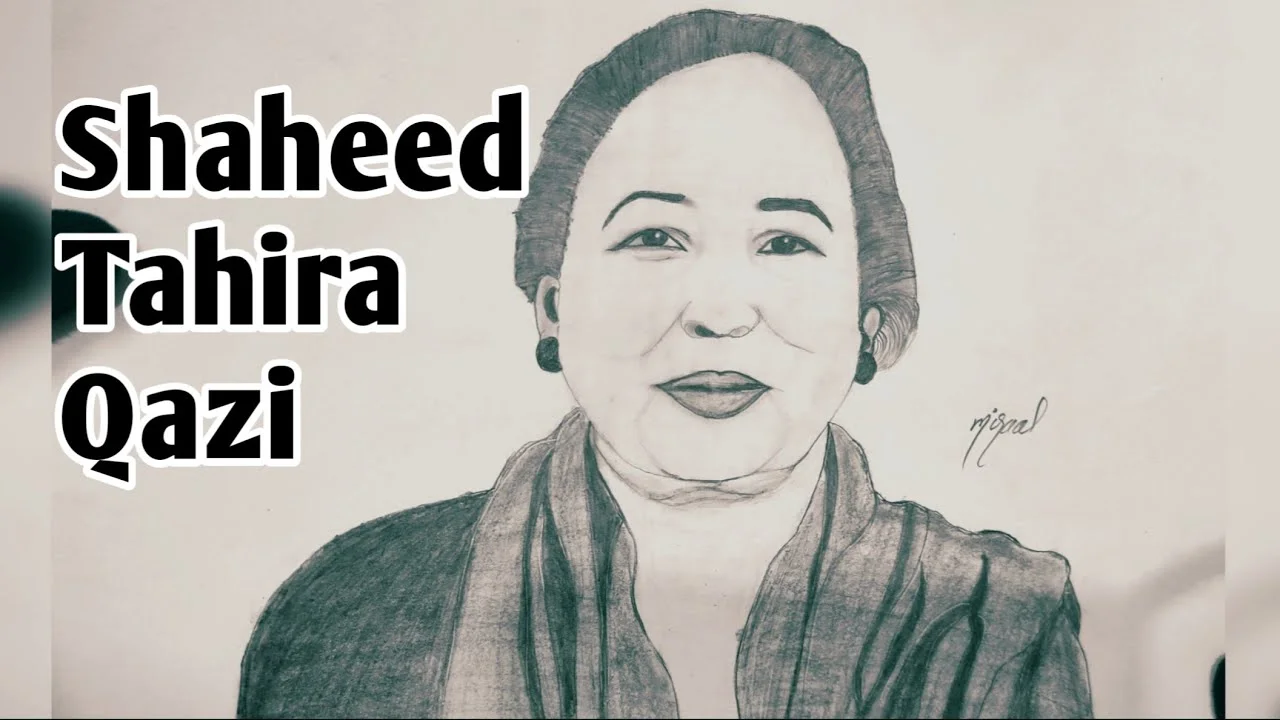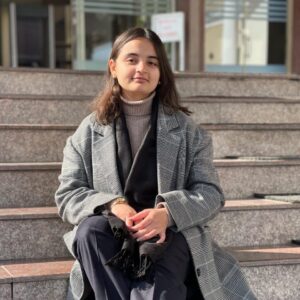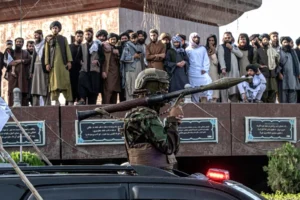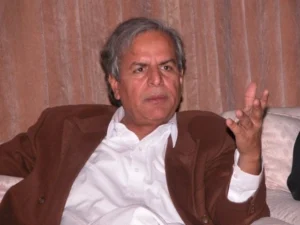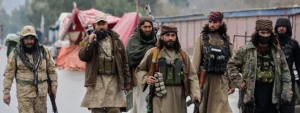On December 16, 2014, the gates of the Army Public School (APS) in Peshawar opened as usual. Children in crisp uniforms walked in with laughter, chatter, and notebooks tucked under their arms. For them, it was another school day. By noon, that schoolyard was soaked in blood, its classrooms torn apart by bullets and grenades, and Pakistan had witnessed one of the darkest chapters in its history. Amid the carnage stood one woman, Principal Tahira Qazi, who refused to let fear dictate her last moments. Her story is one of resilience, love, and sacrifice, and it continues to echo in the nation’s conscience.
A Day That Shook a Nation
The attackers were militants of the Tehrik-i-Taliban Pakistan (TTP). They stormed into APS with a single mission: to cause maximum pain by targeting children. Within hours, 132 children, their teachers, and staff members were gone. The halls of learning turned into hallways of horror. In those chaotic moments, Tahira Qazi could have fled. She had the chance, but she didn’t. Instead, she moved through the corridors calling out to her students, urging them to stay calm, to hide, to hold on. Survivors recall her presence as a source of courage amid terror.
Tahira Qazi’s Last Stand
When militants confronted her, Tahira Qazi’s words became a shield for her children. “I am their mother, kill me but spare them,” she reportedly told them. Her defiance enraged the gunmen. They shot her and later set her body ablaze. She was found in the school compound, her last act written in fire and blood. In her death, she embodied what every teacher truly is: a protector, a guardian, and, in her own words, a mother.
The Larger Wound of Terror
The APS attack was not an isolated act of brutality. It was the culmination of years of violence by the TTP, which had already bombed mosques, bazaars, and even hospitals. But this was different. They struck at children, the country’s future, in a place meant to nurture dreams. The massacre seared itself into the national psyche. Parents who sent their children to school that morning returned to collect coffins. Survivors carried trauma that words can barely capture. And yet, in the rubble of despair, the courage of people like Tahira Qazi shone through.
Honouring a Martyr
Her sacrifice and the sheer horror of the APS attack forced Pakistan to look terrorism in the eye. The state responded with Operation Zarb-e-Azb, which expanded nationwide. The National Action Plan (NAP) was launched, aimed at dismantling terror networks and choking extremist ideologies. The nation had been wounded, but it also found a renewed determination to say: never again.
Tahira Qazi was posthumously awarded the Sitara-e-Shujaat (Star of Bravery). Her name entered history books not as a victim, but as a hero. To many, she remains a second mother, one who laid down her life so that her students might live.
Beyond One Life
The APS tragedy is not just about numbers. It is about the stolen laughter of children, the empty desks in classrooms, and the broken hearts of parents. It is about a principal who, when faced with terror, chose dignity over fear. Her story reminds us that the fight against terrorism is not just a battle of guns, but a struggle for the very soul of a society, its schools, its children, its future.
The Way Forward
To honour Tahira Qazi and the 132 children lost, Pakistan must do more than mourn. It must keep its schools safe, dismantle extremist ideologies, and invest in education that nurtures peace. Her story is not just history; it is a call to action. Because in the end, Tahira Qazi taught us one final, unforgettable lesson: courage can outlive terror.

